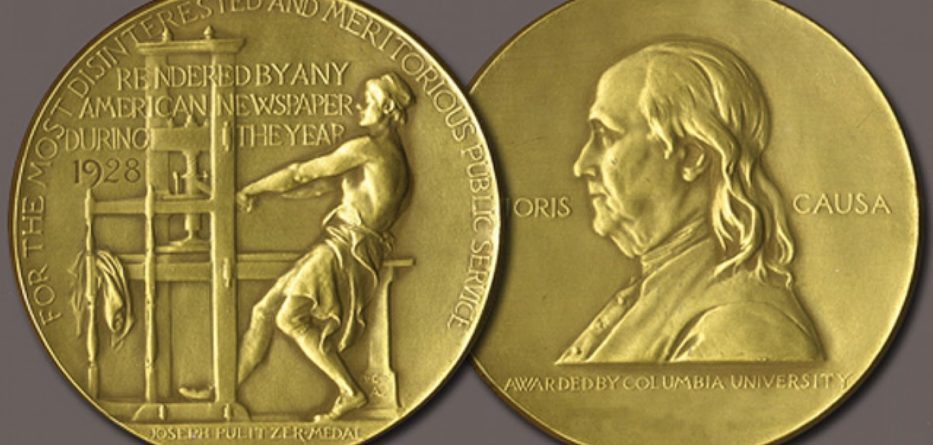There is good news for freelance writers who take their job seriously, the Pulitzer is becoming digital.Let’s face it: The future of journalism is online and digital. And now, as if that trend needed any more confirmation, journalism’s highest honor has gone digital too.Beginning with the 2012 Pulitzer Prizes — recognizing work done during the calendar year of 2011 — all entries will be submitted online only. The local breaking news category will also now emphasize “real-time reporting” of breaking news events, according to the Pulitzer Prize Board.
Under the new set of guidelines, “it would be disappointing if an event occurred at 8 a.m. and the first item in an entry was drawn from the next day’s newspaper,” according to the Board.Entrants are also encouraged to include a timeline of coverage detailing the events in a breaking news story and how those events were reported using text articles, infographics, video, blogs and other journalistic tools.
No Pulitzer Prize for local breaking news was awarded in 2011, but The Seattle Times‘s breaking news Pulitzer from 2010 is a good example of what the judges will look for under the new format, writes Julie Moos of the journalism-industry news site Poynter.org. The Seattle newspaper’s coverage of a shooting that killed four police officers utilized traditional news articles posted to its website as well as Google Wave, a Dipity timeline, mobile video and other social media features including a Facebook page to honor the dead.
The move to digital-only submissions, meanwhile, breaks a 95-year-old tradition of entries being submitted on paper, usually in the form of a scrapbook. Certain non-news prize categories for books, drama and music will not need to be submitted online, however.
So there you go , the ultimate Pulitzer Award for writers who prefer to tap their keyboard to write on the screen rather than those who prefer to do in on paper.This indeed means that you users will have more online writers to look forward to . Thanks to the digital Pulitzer.What do you think? Is this a smart move that reflects the changing realities of news delivery? Or is there something sweetly nostalgic about a scrapbooked Pulitzer Prize submission?








